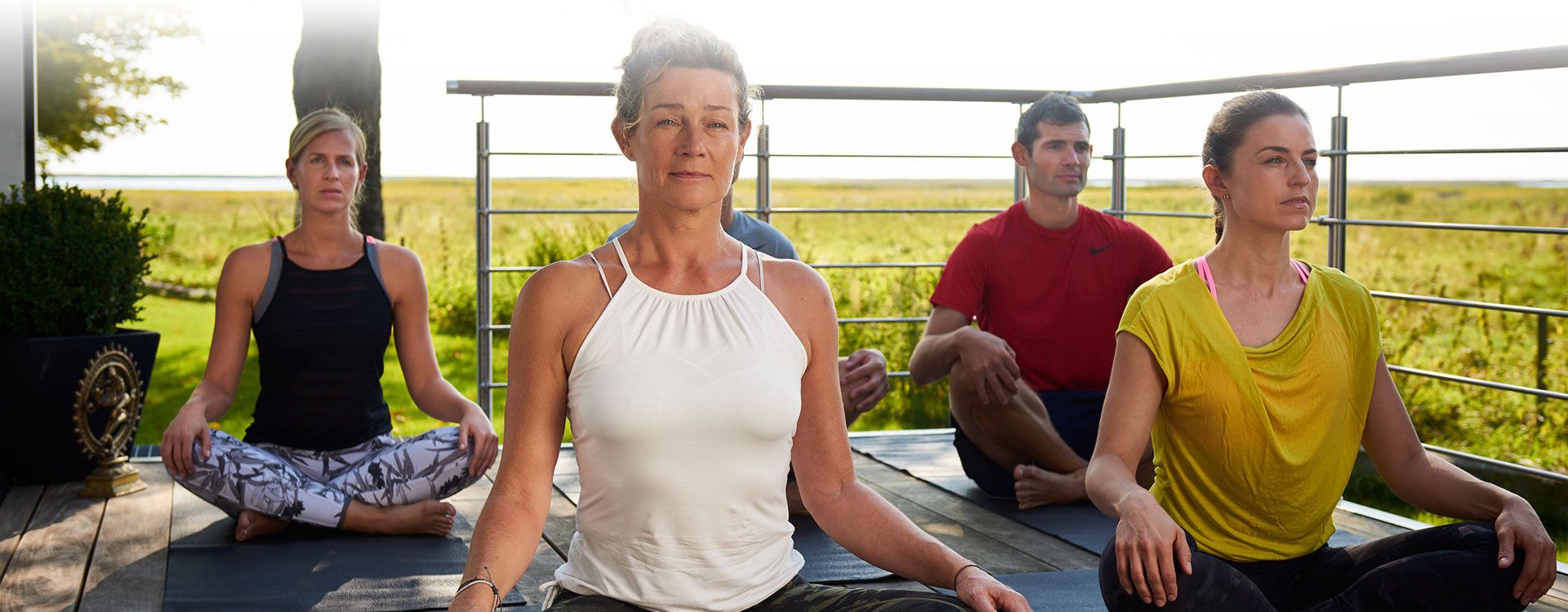5 tips for achieving mental health in self-employment

Mental health is a focus in all Danish companies. If you work in a large organization, you can often get support to improve your mental health through a range of workplace health initiatives or through health insurance paid for by your employer. Often larger organizations will also run health days, health weeks and health events, which can also provide inspiration for improving mental health. But what do you do if you are self-employed or work in a smaller organization?
Here are 5 tips for better mental health if you are self-employed or working in a small organization.
At a glance
As a self-employed person, it's important that you have an overview of your business. Without an overview, you can quickly lose focus. People with stress symptoms often describe that they have lost their overview. Therefore, creating an overview can be seen as a self-help tool to reduce stress. If you need to keep track of your work, there are various CRM systems that can help you coordinate and remember what you need to do. If you are self-employed and need to create an overview of your life, you can use tools such as Sofia Manning's Wheel of Life or get a family calendar. The calendar can be filled with the resource-intensive tasks in your life. For example, Work, Friends, My Time, Children, Relationships, Hobbies and Family Time.
Work-life balance
Being self-employed requires a good work-life balance. Many self-employed people find it difficult to set limits on the amount of time they spend on their business. Countless studies have examined the correlation between productivity and weekly working hours. There seems to be a broad consensus that 35-40 hours is the most productive number of hours. In addition, productivity drops drastically with a continuous workweek of 55 hours or more. Make sure you find a healthy balance in your life to ensure better mental health. This creates the biggest impact in the long term.
Meditation and mindfulness
Active breaks are a shortcut to better mental health. If you're self-employed, taking active breaks with meditation and mindfulness can be a source of better mental health. The options for finding meditation and mindfulness online are vast. Take some time to find a solution that suits your temperament.
Motion
Exercise is important for both physical and mental health. A Japanese study has shown that exercising 3x 10 minutes a week has a positive effect on our mental health. Furthermore, a Swedish study has shown that aerobic cardio exercise with an intensity of 60-85% of VO2 Max can reduce the risk of stress. However, as a self-employed person, it is important to balance your training with your work tasks. For example, high-intensity training during stressful periods can be a risk factor.
Sparring
Humans are pack animals, so we need others to help us through life. As a self-employed person, you also need someone to talk to about the challenges you and your business face. There are both paid and free networks where self-employed and business owners can share ideas with each other. In addition, you can hire a business coach. For smaller-scale sparring, you can use your own network of family and friends. Sparring helps to reduce anxiety about decisions and increase mental health. decisions and increase mental health.





